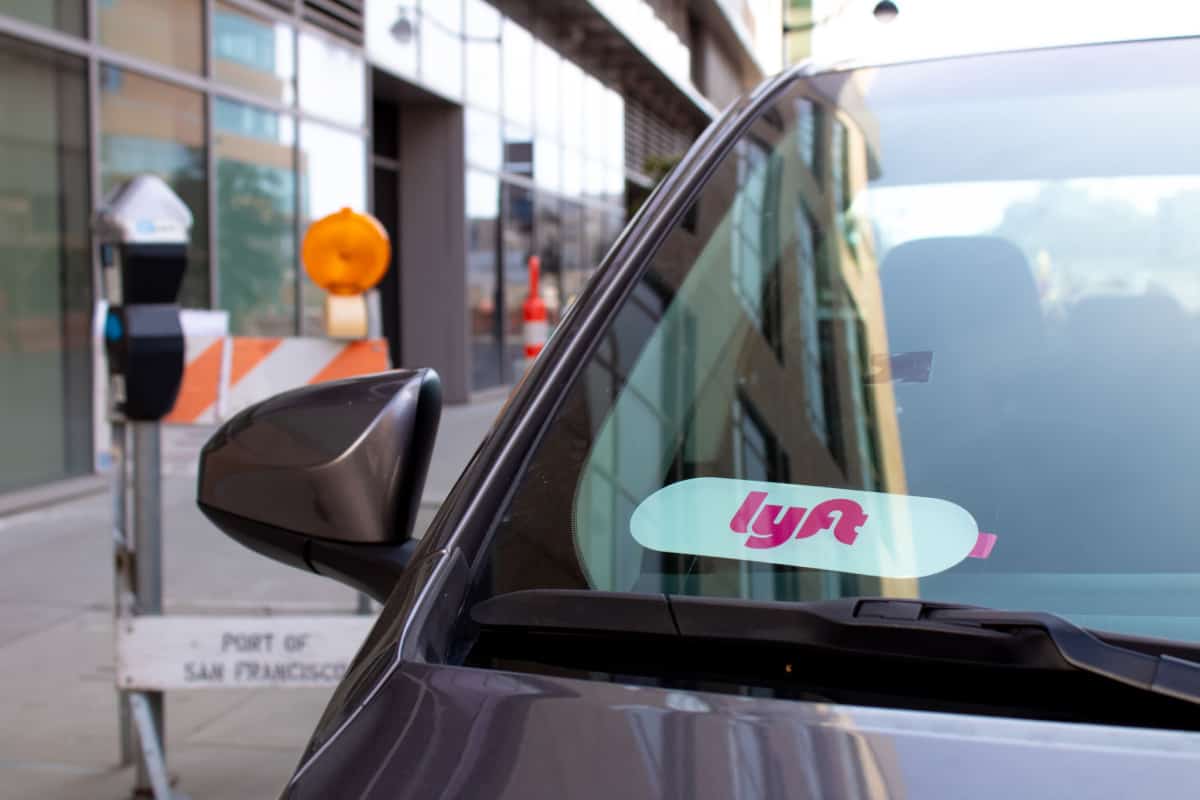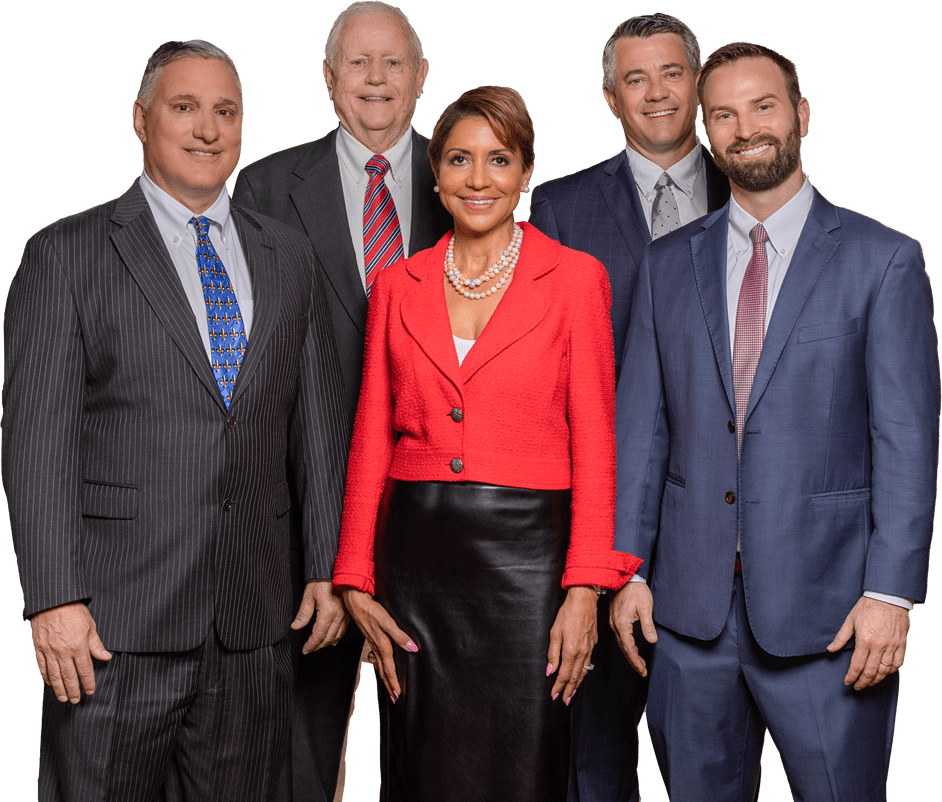
You called for an Uber because you wanted a safe ride home. But your driver got in an accident, and now you are injured. Is the ride-share company liable? Liability issues can be confusing right after a rideshare crash occurs, but you have to make decisions quickly – insurance companies will be calling.
As rideshare popularity has grown, rideshare companies have tried to distance themselves from the actions of their drivers. Drivers are vetted, and cars must meet certain qualifications for passenger safety. However, rideshare companies are not typically liable when their drivers get into accidents. Instead, companies like Uber and Lyft provide liability insurance for their drivers and do not accept responsibility for their actions.
After a rideshare accident, it’s always a good idea for a crash victim to contact their own insurance company even if they weren’t at fault and don’t think their coverage will apply. Their insurance company may be able to provide some helpful information or resources.
The liability insurance provided to drivers by rideshare companies is designed to compensate rideshare passengers and other motorists injured by a driver’s actions. But that doesn’t mean it will be easy to collect compensation from a rideshare company’s insurance carrier. People without experience negotiating accident settlements are at a disadvantage with insurance companies and unlikely to obtain the most favorable terms.
If the accident was the fault of the rideshare driver or another motorist, the insurance carrier for the rideshare company or other motorist will try to contact those injured to find out about their claims with the goal of closing them as quickly and cheaply as possible.
So should you talk to Uber or Lyft after an accident?
Crash victims or their representatives will have to talk to the rideshare company’s insurance carrier if they want to make an insurance claim against the driver. It’s in a crash victim’s best interests to be prepared when talking to insurance company representatives and make sure the information provided is accurate and consistent.
It is also important to understand the strategies insurance companies use to try and settle claims and not get caught off guard or encouraged to say something they don’t mean that might be detrimental to the claim.
It can certainly be helpful to get some objective legal advice before speaking to anyone that might be on the opposite side of your claim. A brief meeting with an attorney can provide guidance about the claims process and help get information organized so it can be used effectively.
Perhaps most importantly, rideshare accident victims need to seek medical care after a collision, even if they do not feel much pain right away. Failing to seek prompt medical care could give the insurance carriers a reason to delay or even deny the claim altogether.
But what type of insurance do Uber and Lyft have?
In Louisiana, employers are vicariously liable for the consequences of employees acting within the scope of their employment. This means that an employer will pay the claims made against an employee. However, if workers are not classified as employees, then an employer is not automatically liable for their actions while working.
Uber and Lyft classify their drivers as independent contractors rather than employees, even though there has been significant controversy over this practice. The rideshare companies maintain they do not have control over the drivers who use their platforms and are, therefore, not responsible when they get into accidents. This could create a potential hardship for a person who was injured due to the actions of a rideshare driver.
Rideshare companies require their drivers to have personal auto liability insurance that complies with a state’s minimum requirements. Unfortunately, most personal auto policies exclude coverage when a personal vehicle is being used for commercial purposes. So rideshare companies have agreed to provide liability insurance for their drivers when they are logged onto the rideshare app. There are policies that rideshare drivers can purchase to “beef up” their own liability coverage, but they rarely do.
Different rideshare companies provide similar liability insurance for drivers. The insurance coverage provided to Lyft drivers in Louisiana is typical of most rideshare policies. There are three relevant periods of time – two of which trigger the insurance coverage.
There may be a number of people involved in a rideshare accident who might have some legal responsibility to persons who were injured. It’s unlikely a rideshare passenger would have any liability, but it is not unheard of. The behavior and actions of all parties involved in an accident will be scrutinized to determine who is at fault. Those with possible liability can include:

With over 50 years of legal experience serving families in the New Orleans area and surrounding Louisiana communities, our firm takes pride in providing clients with personalized legal services tailored to individual needs.